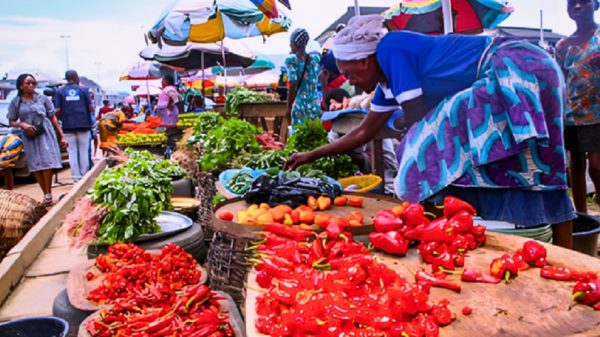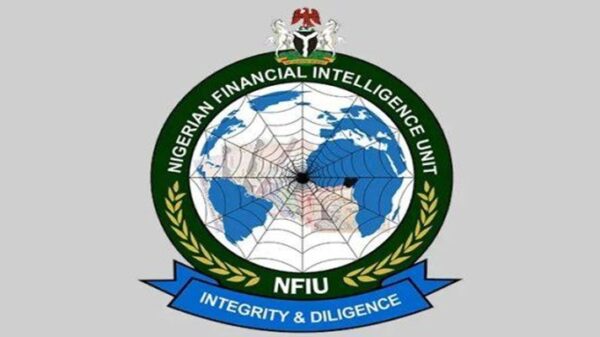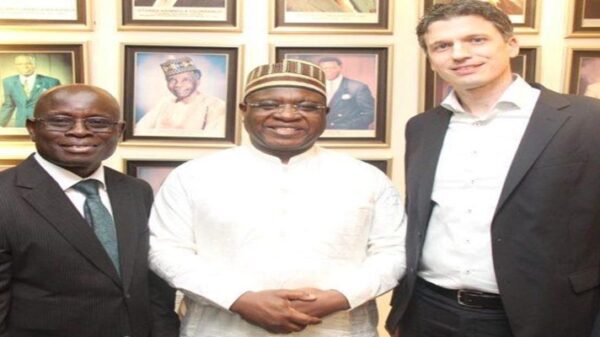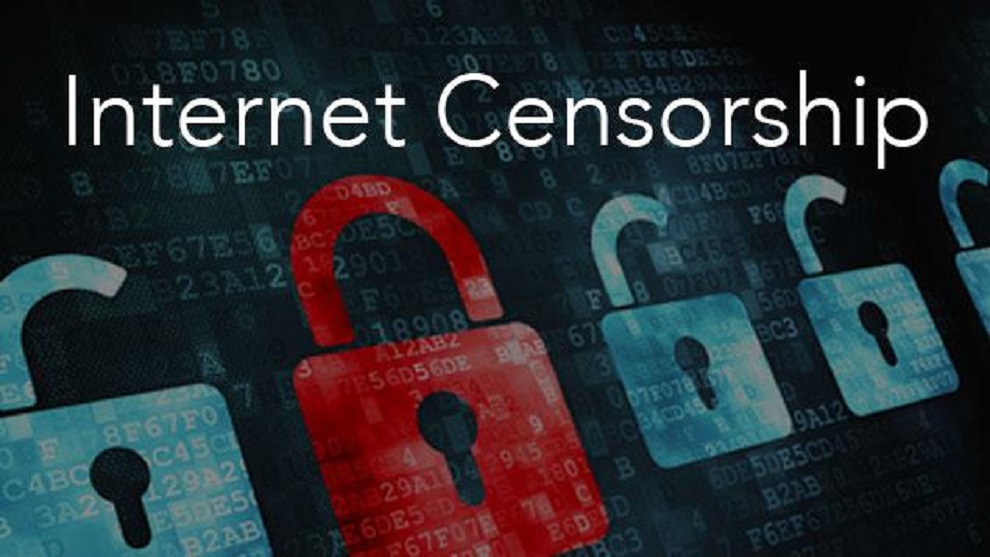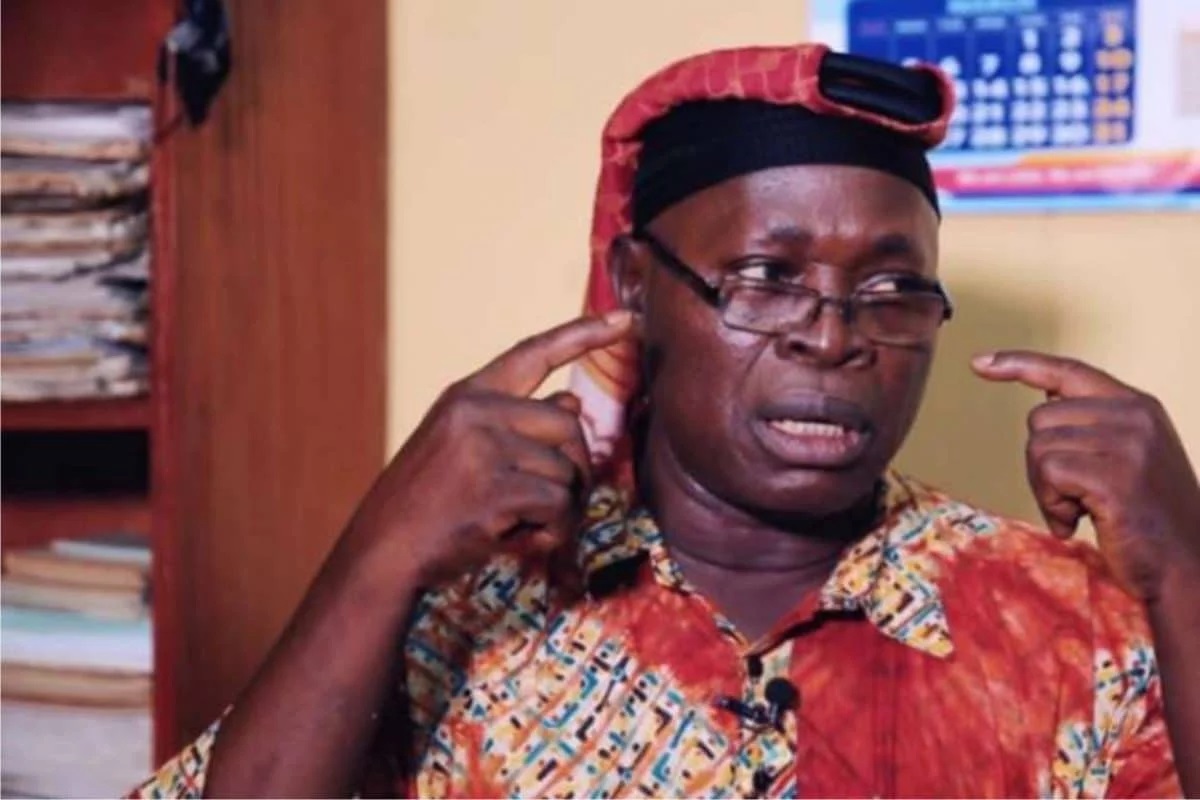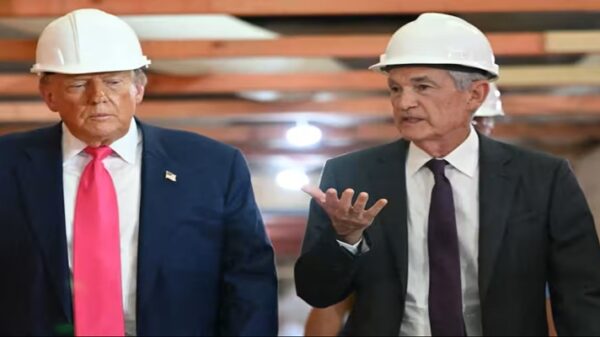Surfshark conducted a half-year analysis of internet shutdowns based on the Internet Shutdown Tracker. The study found that there were 42 new internet disruptions during the first half of 2023 globally, 9 of which were recorded in Africa.
The countries responsible for these restrictions were Ethiopia, Mauritania, Senegal, Guinea, Sudan and Tanzania. All of Africa’s new restrictions were imposed amid protests or other political turmoil, highlighting the critical role the internet plays during periods of civil unrest.
“Today, billions of people are subjected to internet restrictions, which continue to increase at an alarming rate. Internet restrictions often happen in times of political unrest, such as protests, controversial elections, or even military action—which is when people need to be connected to one another the most”, says Gabriele Racaityte-Krasauske, Surfshark spokeswoman.
The six African countries imposed either network connection disruptions or social media restrictions. Here’s an overview of the restrictions in these 6 countries:
Ethiopia restricted social media access in February 2023 amid protests over the split of the Ethiopian Orthodox Tewahedo Church.
Tanzania temporarily restricted the social audio platform Clubhouse (frequently used by activists and the diaspora) in February amid political turmoil.
Mauritania imposed two nationwide internet restrictions: one happened in March (during protests over a prison riot) and one in May (amid protests after the death of an individual in police custody).
Sudan imposed a series of nationwide internet restrictions starting in April amid the armed conflict between rival factions of military forces.
Guinea imposed social media restrictions in May amid anti-government demonstrations.
Senegal temporarily restricted social media and mobile internet access amid protests over the sentencing of opposition leader Ousmane Sonko in June 2023.
Notably, two other African countries – Burkina Faso and Eritrea – have long-term restrictions that were ongoing before the start of the year and continued throughout the first half of the year.
“When the internet is restricted, people are left with limited opportunity for spreading information to the rest of the world, organizing protests and medical aid for the people in need, and contacting friends and loved ones. It’s important to spread the word on this because the people affected often have limited opportunity to do so themselves”, comments Racaityte-Krasauske.
Globally, Iran (14 new cases), India (9 new cases), and Pakistan (3 new cases) were the top three countries by new internet restrictions for the first half of 2023. Asia has long been the focal point of internet shutdowns, with 71% of all new restrictions in the first half of the year happening in Asia.
Protests were the leading cause of government-imposed internet restrictions globally. More than two-thirds of the new disruptions (a total of 30) were triggered by public demonstrations, highlighting that the internet is a battleground for vital information during periods of civil unrest.
![]()

